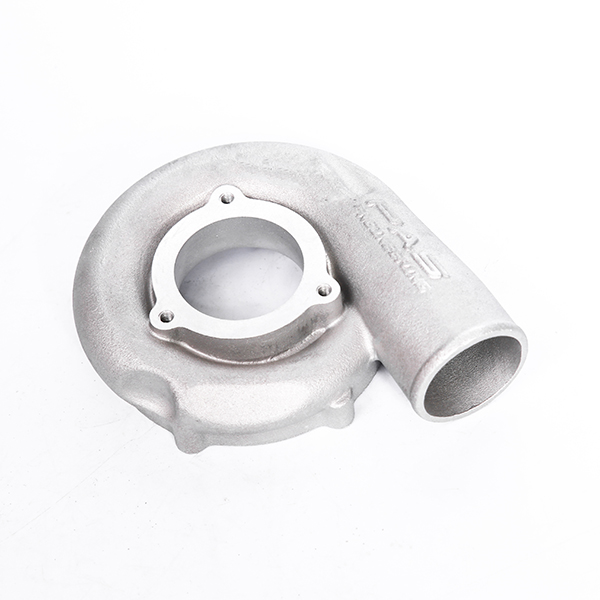Mobile:+86-311-808-126-83
Email:info@ydcastings.com
English
Single Channel Impeller - Efficient Fluid Dynamics Solutions
Understanding Single Channel Impellers Design and Applications
Single channel impellers have become increasingly popular in various engineering applications, particularly in pumps and mixing systems. These components are integral in facilitating the movement of fluids, and their unique design offers numerous advantages over multi-channel alternatives.
Design Features
At its core, a single channel impeller consists of a rotor that rotates within a casing, directing fluid flow through a singular pathway. This simplicity in design enables smoother flow dynamics, reducing turbulence and potential cavitation issues often associated with more complex geometries. The single channel allows for a higher throughput and can efficiently move fluids with varying viscosities without significant energy loss.
The impellers are typically constructed from materials like stainless steel, bronze, or high-performance polymers, depending on the application requirements. The choice of material is critical as it directly affects the impeller's durability, resistance to corrosion, and overall longevity. Moreover, the geometry of the impeller blades can be adjusted to optimize performance for specific fluid characteristics.
Advantages of Single Channel Impellers
1. Efficiency Single channel impellers tend to be more efficient than their multi-channel counterparts. With a clear pathway for fluid flow, there is less resistance, which translates to lower energy consumption and reduced operational costs.
2. Simplicity in Maintenance The straightforward design of single channel impellers makes them easier to maintain. With fewer components and no intricate channels to clean, operators can service them more swiftly, minimizing downtime.
single channel impeller

3. Versatility These impellers are versatile and can be employed in various applications, including wastewater treatment, chemical processing, and food and beverage manufacturing. Their ability to handle a wide range of fluid types makes them suitable for many industrial environments.
4. Reduced Risk of Clogging The single channel design significantly lowers the risk of clogging, a common issue in multi-channel systems that can lead to pump failures and increased maintenance costs. This advantage is particularly crucial in applications dealing with slurries or particulates.
Applications
Single channel impellers are widely utilized across multiple industries. In the wastewater treatment sector, they play a vital role in transporting wastewater and ensuring thorough mixing of chemicals during treatment processes. In the pharmaceutical industry, these impellers assist in maintaining uniformity in mixtures, while in the food industry, they help in blending ingredients efficiently.
Furthermore, their application extends to agricultural systems for irrigation and chemical distribution, demonstrating the adaptability of single channel impellers across diverse fields.
Conclusion
In conclusion, single channel impellers represent a significant advancement in fluid dynamics technology. Their efficient design, lower maintenance requirements, and versatility make them an attractive choice for engineers and industry professionals. As industries continue to seek improvements in efficiency and reliability, the role of single channel impellers is expected to grow, paving the way for more innovative applications in the future. With their proven performance and adaptability, single channel impellers will undoubtedly remain a staple in fluid handling solutions for years to come.
-
Materials Used in Manufacturing Cap End Pipe FittingsNewsNov.24,2025
-
Material Properties of CF8M CastingNewsNov.24,2025
-
How to Inspect Pump Cap Ends for DamageNewsNov.21,2025
-
Backward Curved Impeller – Efficient Airflow Solutions for Industry | YD CastingsNewsNov.21,2025
-
Automobile Water Pump - Efficient, Quiet, Durable & ElectricNewsNov.21,2025
-
Impeller for Pumps – High-Efficiency, Durable, OEM-ReadyNewsNov.21,2025











